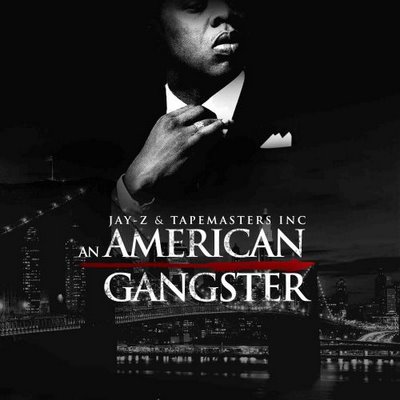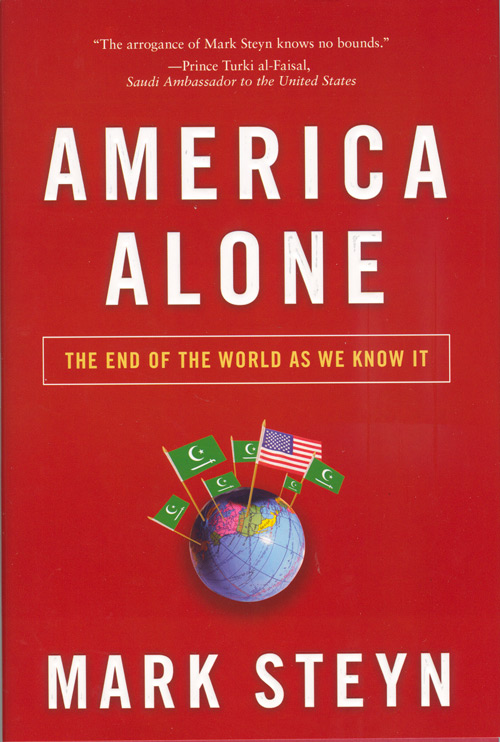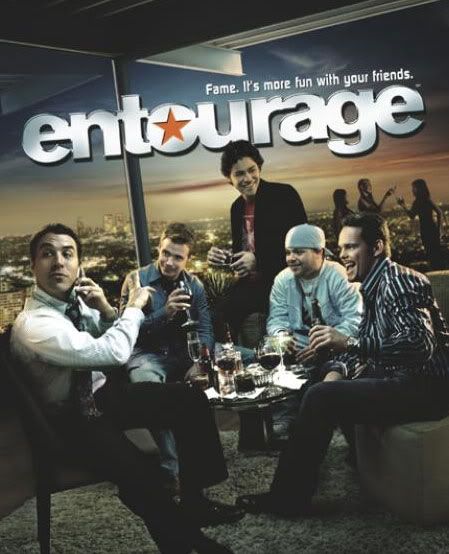Thursday, September 23, 2004
POLITICS AS USUAL: PUTTING THE "SOFT" BACK IN "SOFT POWER"
This Citizen editorial is bang-on. Ever heard of a "credibility gap?" (Reprinted below as you need a passcode to view it)
Weak and irresponsible
Ottawa Citizen
It is ironic that Paul Martin used his speech at the UN to lecture other countries about responsibility, when successive Canadian governments have irresponsibly weakened Canada's effectiveness on the international stage.
In a speech yesterday to the United Nations General Assembly, the prime minister urged several areas in which the organization must reform itself, including the "responsibility to protect" those facing humanitarian catastrophe, the "responsibility to respect" the dignity, freedom and diversity of all people and the "responsibility to build" those public institutions that help people overcome poverty, disease and global insecurity.
No rational person would disagree with these sentiments. The difficulty is the vast distance between rhetoric and reality. It is not so much that Mr. Martin and his advisers are naive in their soft-power enthusiasms, but rather that they don't recognize how their views expose the failings of Canadian foreign policy, and, indeed, promote the surrender of Canadian sovereignty.
Consider what Mr. Martin said on the genocide in Sudan's Darfur region. While the prime minister wouldn't use the word "genocide," as U.S. President George W. Bush did at the same podium the day before, he did acknowledge that "war crimes and crimes against humanity are being committed" in Darfur.
"We must not let debates about definitions become obstacles to action," he continued, but then he retreated from doing anything to stop the killing, claiming the Security Council hadn't provided the justification under international law for intervention. "We need clear principles that will allow the international community to intervene much faster in situations like Darfur."
Just how clear does Mr. Martin want things to be? The U.S. says genocide is occurring in Darfur. Canada says there are war crimes and crimes against humanity. But because the Security Council hasn't given us its blessing to intervene, we have to stand by and let that continue.
Compare Mr. Martin's attitude to that of Mr. Bush, who also told the General Assembly that it is irresponsible to not take action in a time of dire need. But unlike Mr. Martin, Mr. Bush said the U.S. will act on its obligations when others won't. Such a contrast suggests that Mr. Martin is using the UN's inadequacies as justification for Canada's own inaction. We want to act, he claims, but can't because other members of the UN won't let us.
To say this is to make a virtue of weakness. Canada long ago abdicated real responsibility for its defence. Our navy and army need to take "holidays" from overseas missions. We can't be leaders on disarmament issues, as we once were, because the Foreign Affairs department has gutted its expertise in that area. So while the prime minister says he wants the United Nations to be stronger, the UN's reticence to back up its resolutions with decisive action allows him to portray Canada as upholding international law even when we stand by as crimes against humanity are committed in defiance of the Security Council.
Such an attitude is indeed irresponsible, for it abdicates our foreign policy, and the values on which it is based, to other countries, many of which do not share those values.
Weak and irresponsible
Ottawa Citizen
It is ironic that Paul Martin used his speech at the UN to lecture other countries about responsibility, when successive Canadian governments have irresponsibly weakened Canada's effectiveness on the international stage.
In a speech yesterday to the United Nations General Assembly, the prime minister urged several areas in which the organization must reform itself, including the "responsibility to protect" those facing humanitarian catastrophe, the "responsibility to respect" the dignity, freedom and diversity of all people and the "responsibility to build" those public institutions that help people overcome poverty, disease and global insecurity.
No rational person would disagree with these sentiments. The difficulty is the vast distance between rhetoric and reality. It is not so much that Mr. Martin and his advisers are naive in their soft-power enthusiasms, but rather that they don't recognize how their views expose the failings of Canadian foreign policy, and, indeed, promote the surrender of Canadian sovereignty.
Consider what Mr. Martin said on the genocide in Sudan's Darfur region. While the prime minister wouldn't use the word "genocide," as U.S. President George W. Bush did at the same podium the day before, he did acknowledge that "war crimes and crimes against humanity are being committed" in Darfur.
"We must not let debates about definitions become obstacles to action," he continued, but then he retreated from doing anything to stop the killing, claiming the Security Council hadn't provided the justification under international law for intervention. "We need clear principles that will allow the international community to intervene much faster in situations like Darfur."
Just how clear does Mr. Martin want things to be? The U.S. says genocide is occurring in Darfur. Canada says there are war crimes and crimes against humanity. But because the Security Council hasn't given us its blessing to intervene, we have to stand by and let that continue.
Compare Mr. Martin's attitude to that of Mr. Bush, who also told the General Assembly that it is irresponsible to not take action in a time of dire need. But unlike Mr. Martin, Mr. Bush said the U.S. will act on its obligations when others won't. Such a contrast suggests that Mr. Martin is using the UN's inadequacies as justification for Canada's own inaction. We want to act, he claims, but can't because other members of the UN won't let us.
To say this is to make a virtue of weakness. Canada long ago abdicated real responsibility for its defence. Our navy and army need to take "holidays" from overseas missions. We can't be leaders on disarmament issues, as we once were, because the Foreign Affairs department has gutted its expertise in that area. So while the prime minister says he wants the United Nations to be stronger, the UN's reticence to back up its resolutions with decisive action allows him to portray Canada as upholding international law even when we stand by as crimes against humanity are committed in defiance of the Security Council.
Such an attitude is indeed irresponsible, for it abdicates our foreign policy, and the values on which it is based, to other countries, many of which do not share those values.
Subscribe to Comments [Atom]
 THE CONSERVATIVE HIPSTERS
THE CONSERVATIVE HIPSTERS












